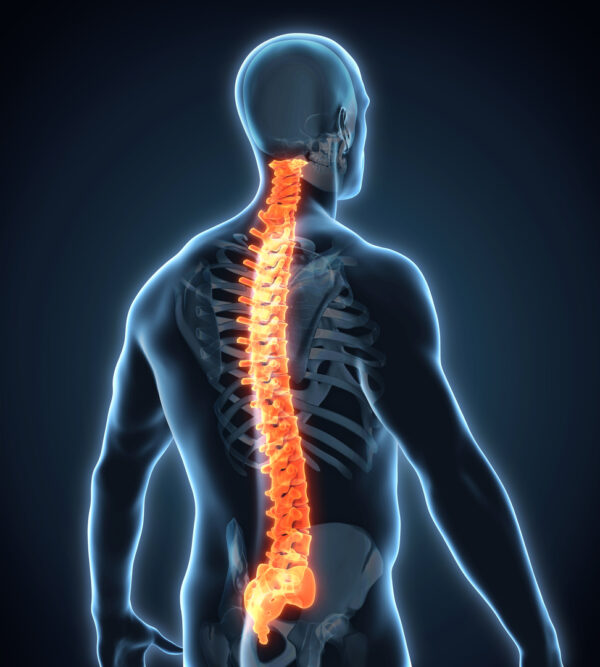What is sciatica?
If you notice a sudden or gradual onset of leg pain radiating below the knee to the foot or ankle, you have sciatica. Having isolated back and buttock pain is not compatible with sciatica and patients who have sciatica may have one of the many conditions can be corrected by conservative means or through mini non-invasive surgery. Those who are middle-aged are at huge risk and it is often the result of the progressive natural degenerative process. The most common cause is a herniated disc that causes compression of the nerve that radiates along the leg.
The pain can be located near the gluteal region, posterior thigh and leg towards the sole of the foot, and radiating to the lateral part of the thigh and leg towards the back of the foot and the big toe.
Symptoms
The symptoms can start suddenly with a debilitating character and take place following a sudden movement or even without apparent causes
It is not uncommon for chronic low back pain to precede the onset of sciatica and may seem like a nasty leg cramp or pain that lasts weeks before it disappears. You may have pain while leaning or sitting and also experience numbness or weakness in the leg.
Causes
It is caused by a disc herniation. A herniated disc is a protrusion of the center of the disc that compresses the nerve root directly behind the disc. This is clearly different from a disc swelling which is a very common malaise.
A herniated disc may cause sufficient compression to cause bowel or bladder problems, loss of function and movement in one or both legs, or numbness in the genital area.
Diagnosis
The diagnostic studies will be used to confirm the diagnosis and to clarify any discrepancies between the history and the physical examination. This will include x-rays and MRI in most cases. CT scans are of limited use in patients with sciatica.
Treatment
The first step in treating patients with sciatica is conservative treatment. The vast majority of patients suffering from sciatica will have complete pain relief over time. The problem usually lasts 4 to 8 weeks and patients will be able to resume normal activities.
If you are between 10 and 20% of patients who have not responded favorably to conservative treatment for a period of 2-3 months, then surgical options are available to you. The best spine surgeon in Gurgaon is Dr. Vineesh Mathur of Medanta Hospital Gurgaon. With 28 years of experience, he is one of the topmost surgeons in his field in the country.
The usual surgical option is laminectomy. The term laminectomy refers to a surgical procedure that removes the lamina from the back of the vertebrae that covers the spinal canal. It is also known as decompression surgery and enlarges the spinal canal to relieve pressure on the spine. It is usually performed under general anesthesia.
The cost of decompression surgery in India is about USD 4,400, including the cost of operation and a five-day stay in the hospital.
Laminectomy is a fairly safe procedure, but being surgery, carries a risk of complications.
Possible complications include –
- Infections
- Hemorrhage
- Blood clots
- Nerve injuries
- Loss of cerebrospinal fluid
It may be necessary to avoid eating and drinking for a certain period of time before surgery. The doctor will give specific instructions on the types of drugs that should be stopped before surgery.
If your sciatica is a herniated disc, then you can expect the chance of significantly improving your sciatic pain with a minimally invasive disc removal operation. This will remove the part of the disk that directly compresses the nerve root.
Rehabilitation
Most patients experience significant improvement in leg pain after surgery. To heal properly, patients must avoid any activity that requires prolonged sitting or flexion. This includes driving, excessive sitting, lifting or flexing for at least 3-5 weeks after surgery. There will be no restrictions on walking and this will be encouraged by the doctor. Your surgeon can advise physical therapy and exercises to strengthen your back.
Most patients who can reduce pain can expect to return to normal life and activities of daily living by keeping the pain under control. The risk of a recurrent disk hernia is extremely low.

